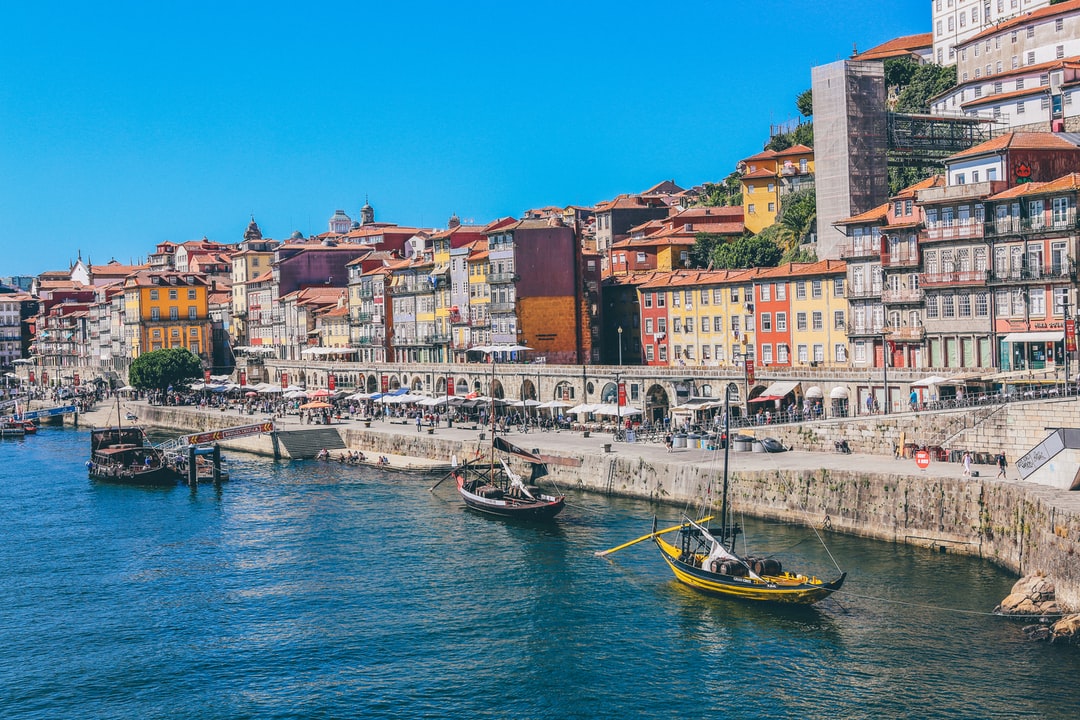The popular digital nomad destination of Portugal has been named the “best” by online travel agent Kayak in a recent analysis.
Kayak used 22 data points to compare just over half of the countries on the planet, giving each one a single score out of 100 to cover the whole country, using factors such as “weekly number of flights to/from the destination country” and “numbers of bars and clubs per 100,000 inhabitants”.
Many global nomads will be unsurprised to see Portugal at the top of the rankings, given the country’s reputation as a friendly, low-cost place to live, with excellent weather, a fascinating history, and all the modern conveniences associated with Western Europe and other “developed” economies.
What might be more surprising for some, is to see it given a perfect score of 100/100 – based on the data points chosen, at least – particularly as only four other countries had scoes of 90/100 or higher (Spain, Romania, Mauritius and Japan).
Ultimately, Kayak have of course done this as a marketing exercise, to get their brand out there and encourage you to book a flight via their website. And doing so in a way which prompts people to think about maybe going somewhere new for a while, seeing a bit more of the world, gaining a few more new perspectives, it’s great to see.
Of course, when you’re making your own assessments of where you want to spend some time, whilst these type of “rankings” can be a helpful place to start your research, they’re often not particularly accurate – from either a quantitative or qualitative perspective, for a number of reasons:
a) The data used is far too broad! There is huge variation within every country, and even within cities, for most of the things covered. For example, having a score for “air pollution” for a country like Indonesia, which covers some of the most polluted cities on the planet AND huge virgin rainforests, tropical beaches with thriving coral reefs AND active volcanoes spewing sulphur, it’s just so diverse across the 17,000 islands and three time zones that any one data point for the whole country is pointlessly inaccrate – and very few places are likely to be “average” due to the extremes involved. What are we talking about here Kayak guys? The industrial areas of Jakarta? Or the rice fields of Bali? They don’t have the same pollution, for sure – and shouldn’t have the same score, because it’s meaningless.
b) The weightings are wholly arbitrary! Obviously people are different, and therefore have different priorities – so be careful about someone else’s assessment of how to combine different data points into one overall score. As an example, things like “English proficiency” (how many locals can speak English well enough to help you out when you need something) are hugely important to those of us who only speak English, and is far less important to those of us who speak multiple languages and/or speak the language used in any particular destination. And with the whole “number of flights” thing – c’mon guys. We know you’re selling flights, but we’re never going to use all 53,908 flights which depart or land in the USA each week – and giving the USA a travel section score of 100/100 for pretty much this alone, whilst having Algeria in second place on 91/100 with only 103 flights per week (because everything else, including petrol/gasoline and the cost of “a hotel”, is so cheap that it too skews the rankings), just seems to be a bit too detached from any sense of reality that it’s difficult to take seriously.
c) Life experiences don’t translate well into data points! Ok so you probably already knew this, but for those reading who are yet to embark on their own life of nomadic adventure, guess what? You can’t (accurately) judge a whole country on just a few data points. That “internet speed” number you see? It’s not real. The internet speed will vary, even in different rooms of the same building. That “cost of public local transport” number written there? It’s meaningless, because the bigger cities in any country are almost always far more expensive than the smaller ones, and the rural places don’t have any public transport anyway. That great night you had with your new friends, or the amazing view you had from that mountain you climbed, or the fun you had just wandering around the supermarket in a country with a culture completely different to your own? At no point was it dependent on, or affected by, the average cost of a three-course meal for two, or the number of co-working spaces per 1,000 people. It was dependent on you taking the opportunity to do something new, that’s all.
So kudos to Kayak for at least putting out the idea that maybe you could try living somewhere new for a while – do it! Just don’t rely on the rankings too much (or at all – and it’s not just Kayak, it’s pretty much all of these “rankings” based on a few data points) to select or pre-judge any country on the planet, because when you arrive there, as soon as you leave the airport, real life will take you on a journey far more varied and interesting than the median number of a column in a spreadsheet…


